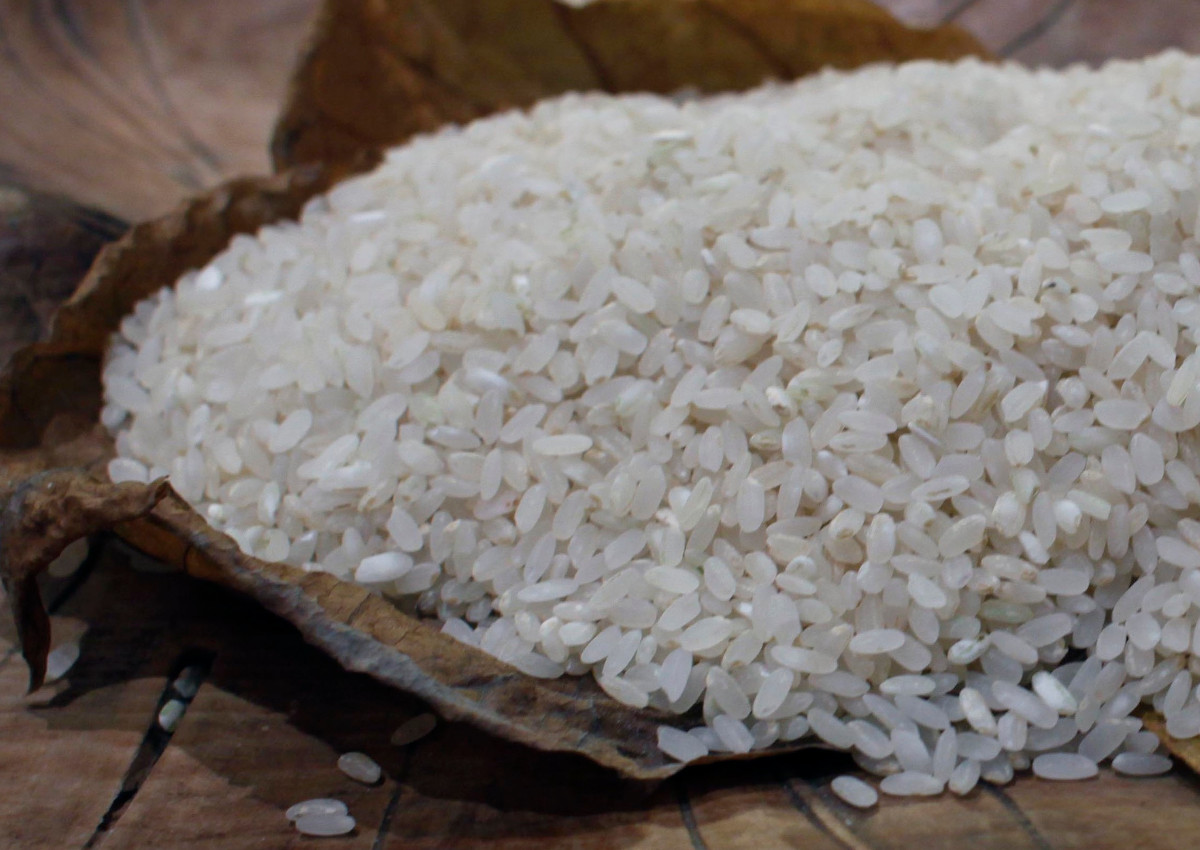
The Italian Government sent the EU Commission the dossier for the activation of the safeguard clause to protect the rice production sector from zero-duty imports from the EBA Asian countries, in particular from Cambodia. Ministers Maurizio Martina (Agriculture) and Carlo Calenda (Economic Development) sent also a letter addressed to EU Commissioners Federica Mogherini, Cecilia Malmström and Phil Hogan. The dossier arises from an intense activity carried out by the Italian Ministries together with the Commission Services and was supplemented by a thorough report commissioned by Ente Risi (Italian Rice Institution) to a well-established international law firm.
The safeguard clause
According to the dossier submitted by the Italian Government, the product damaged by Cambodian rice imports is Indica variety, which is derived from cultivation in the European Union. Italy alone has recorded a lack of placement of 67,000 tonnes of processed rice in the EU from the 2011/12 campaign to the 2016/17 one. We call for the safeguard clause to be activated – says the letter from Ministers Martina and Calenda – because the price crisis threatens the survival and the future of the whole European rice production. The abandonment of rice cultivation would have serious consequences not only for the social and economic situation of many rural districts, but also from an environmental point of view, given the value of the ecosystems that characterize the production areas. The main reasons for this unprecedented crisis – the letter goes on – are due to the particularly favorable regime applied to the Less Developed Countries (EBA Agreement), which provides for the possibility of exporting to the European Union unlimited quantities of zero-duty rice. That is why we have asked to activate the safeguard clause already in July together with France, Spain, Bulgaria, Greece, Hungary, Portugal and Romania. With the new dossier we hope for subsequent decisions by the European Commission.
The figures
Over the past five years, rice consumption in the EU has increased by 5% as Cambodian rice imports increased by 171%. In addition, during the same period the sales of Indica rice grown in the EU declined by 37%, from 676.900 to 427.904 tonnes. This resulted in a 18% drop in market shares held by EU operators from 46% to 28%. The Indica rice area cultivated in the EU has seen a fall of 40%, from 158,000 to 92,000 hectares. The prices of Indica rice imported from Cambodia (€488.58 per tonne in 2016/17) are well below – about 30% less – the price practicable by Community operators. As a result, rice growers in the EU reduced the Indica cultivated area and increased the Japonica one, creating an excess of supply that had a price impact on this sector (on average 30%, with a maximum of 60%).
